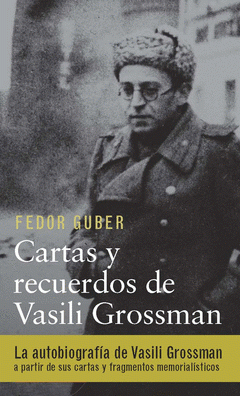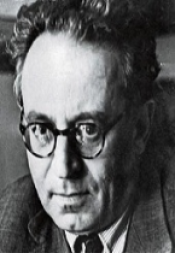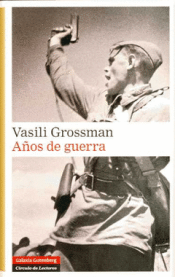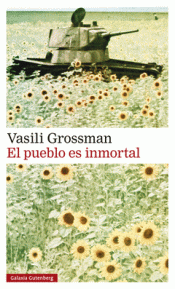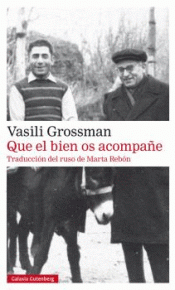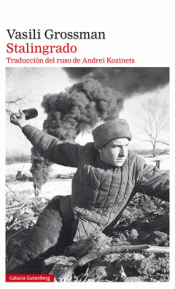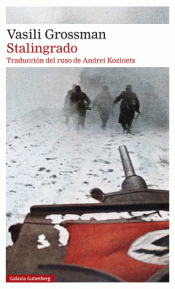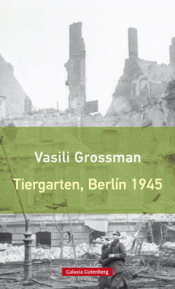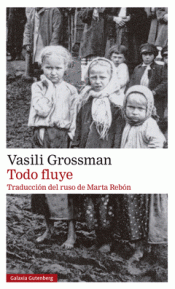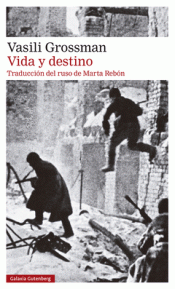'Vasili Grossman (1905-1964), autor de Vida y destino y Todo fluye, es uno de los escritores rusos más importantes del siglo xx. Su trabajo es una fiel imagen de la vida en la Unión Soviética antes y después de la Segunda Guerra Mundial, y también un profundo análisis del fenómeno totalitario nazi y sus variantes comunistas. Este libro, que narra su vida desde los archivos de la familia, fue armado por Fedor Guber, su hijo adoptivo. Se encuentra en la frontera de varios géneros. Compuesto principalmente de extractos de cartas de Grossman dirigidas a sus familiares, especialmente a su padre y su esposa, también contiene otros documentos (cartas recibidas por el autor, extractos de sus otros textos, memorias contemporáneas), a veces dispuestos en un orden cronológico, a veces temático. Todos ellos son supervisados por los recuerdos del propio Guber. Sin la frialdad de la investigación histórica, estos archivos de la familia proporcionan un retrato vívido y cercano del escritor, a la vez que arrojan una nueva luz sobre varios episodios importantes de su vida.'
CARTAS Y RECUERDOS: UN LIBRO SOBRE VASILI GROSSMAN
AUTOR/A
GROSSMAN, VASILIJ SEMENOVIC
Vasily Semyonovich Grossman (Russian: December 12, 1905 - September 14, 1964) was a Soviet writer and journalist. Grossman trained as an engineer and worked in the Donets Basin, but changed career in the 1930s and published short stories and several novels. At the outbreak of the Second World War, he became a war correspondent for the Red Army newspaper Krasnaya Zvezda, writing firsthand accounts of the battles of Moscow, Stalingrad, Kursk and Berlin. Grossman's eyewitness accounts of conditions in a Nazi extermination camp, following the liberation of Treblinka, were among the earliest.<BR><BR>After World War II, Grossman's faith in the Soviet state was shaken by Joseph Stalin's embrace of antisemitism in the final years before his death in 1953. While Grossman was never arrested by Soviet authorities, his two major literary works (Life and Fate and Everything Flows) were censored during the ensuing Nikita Khrushchev period as unacceptably anti-Soviet, and Grossman himself became in effect a nonperson. The KGB raided Grossman's flat after he had completed Life and Fate, seizing manuscripts, notes and even the ribbon from the typewriter on which the text had been written. Grossman was told by the Communist Party's chief ideologist Mikhail Suslov that the book could not be published for two or three hundred years. At the time of Grossman's death from stomach cancer in 1964, these books were unreleased. Copies were eventually smuggled out of the Soviet Union by a network of dissidents, including Andrei Sakharov and Vladimir Voinovich, and first published in the West, before appearing in the Soviet Union in 1988.<BR><BR>Wikipedia

